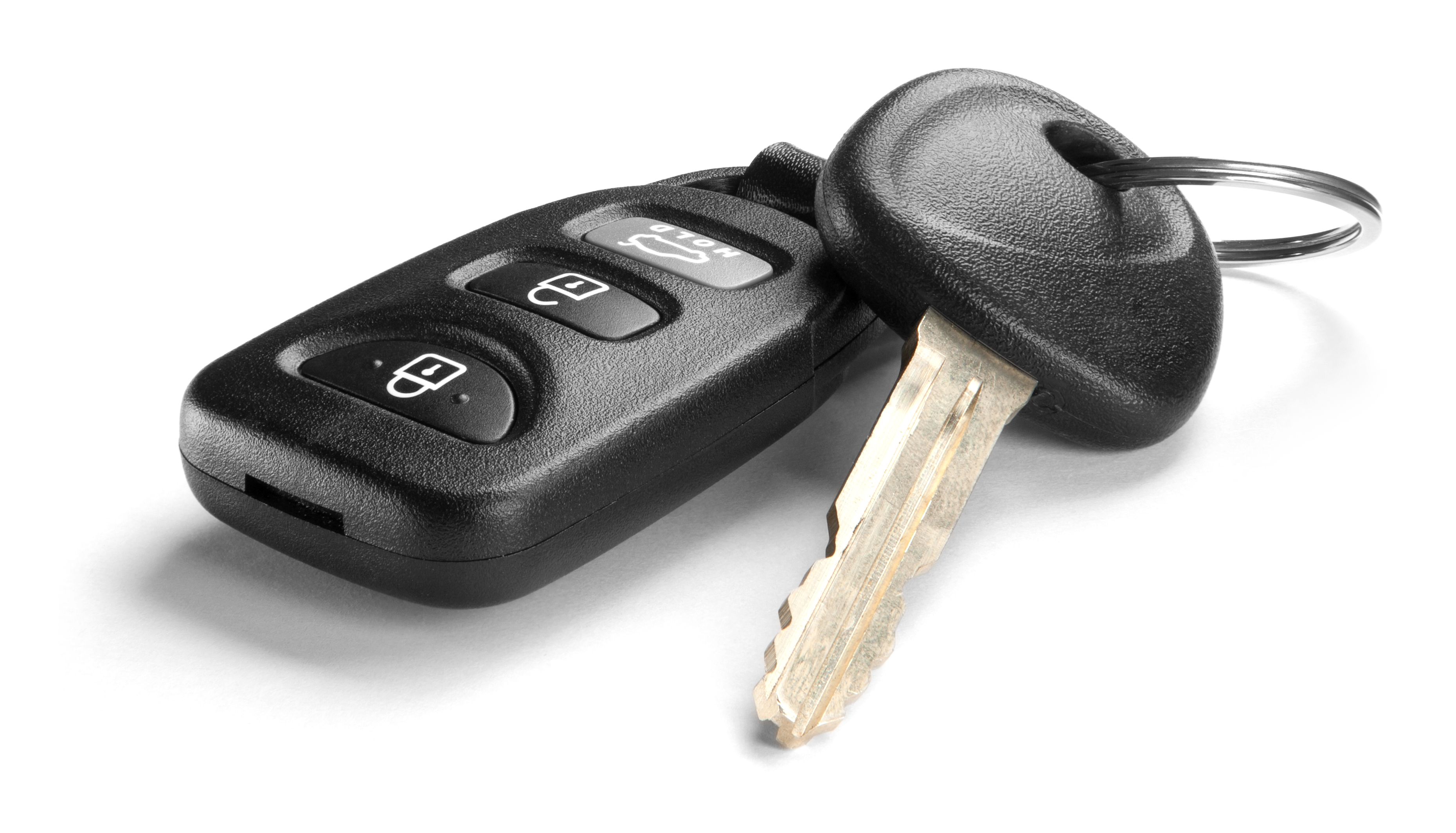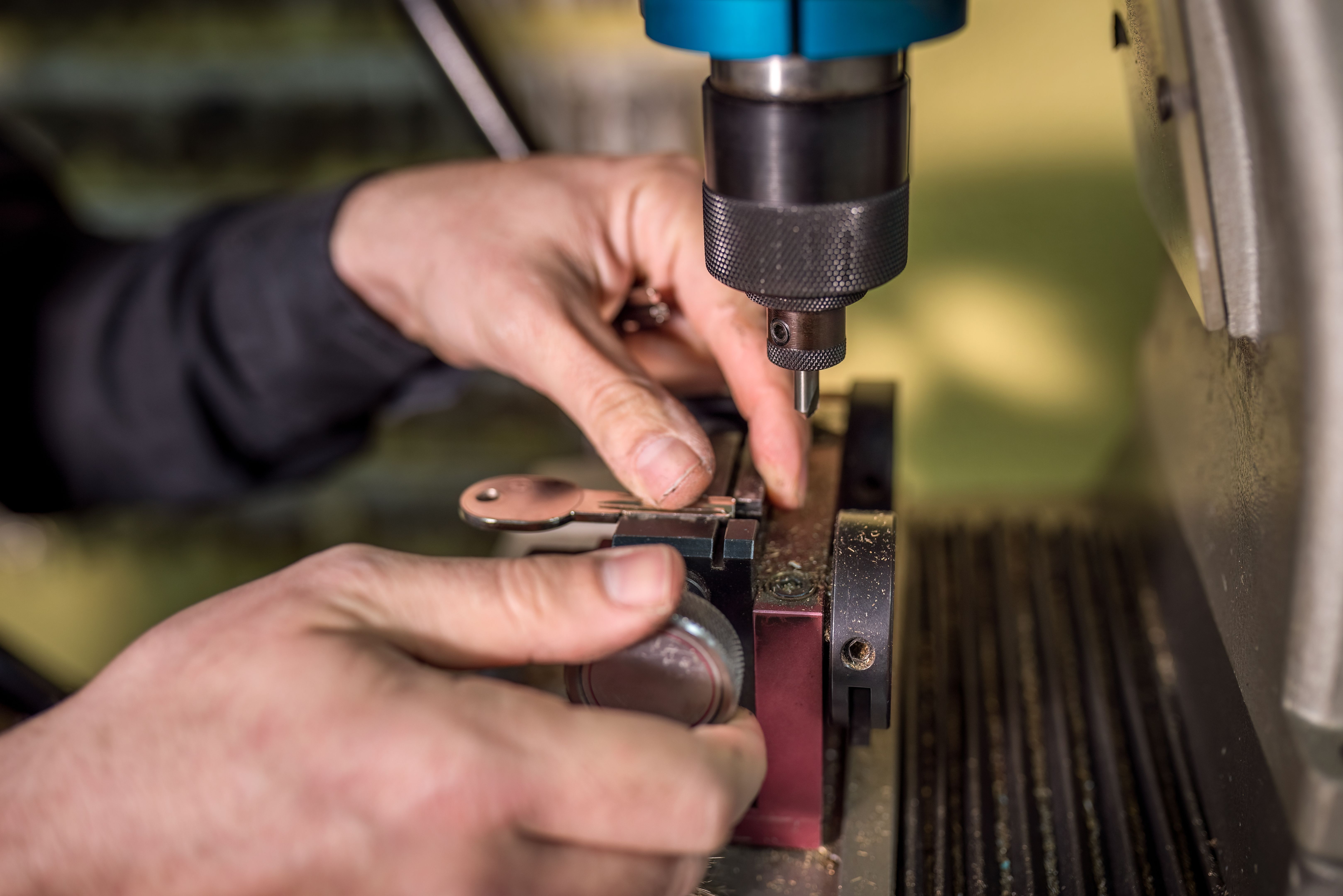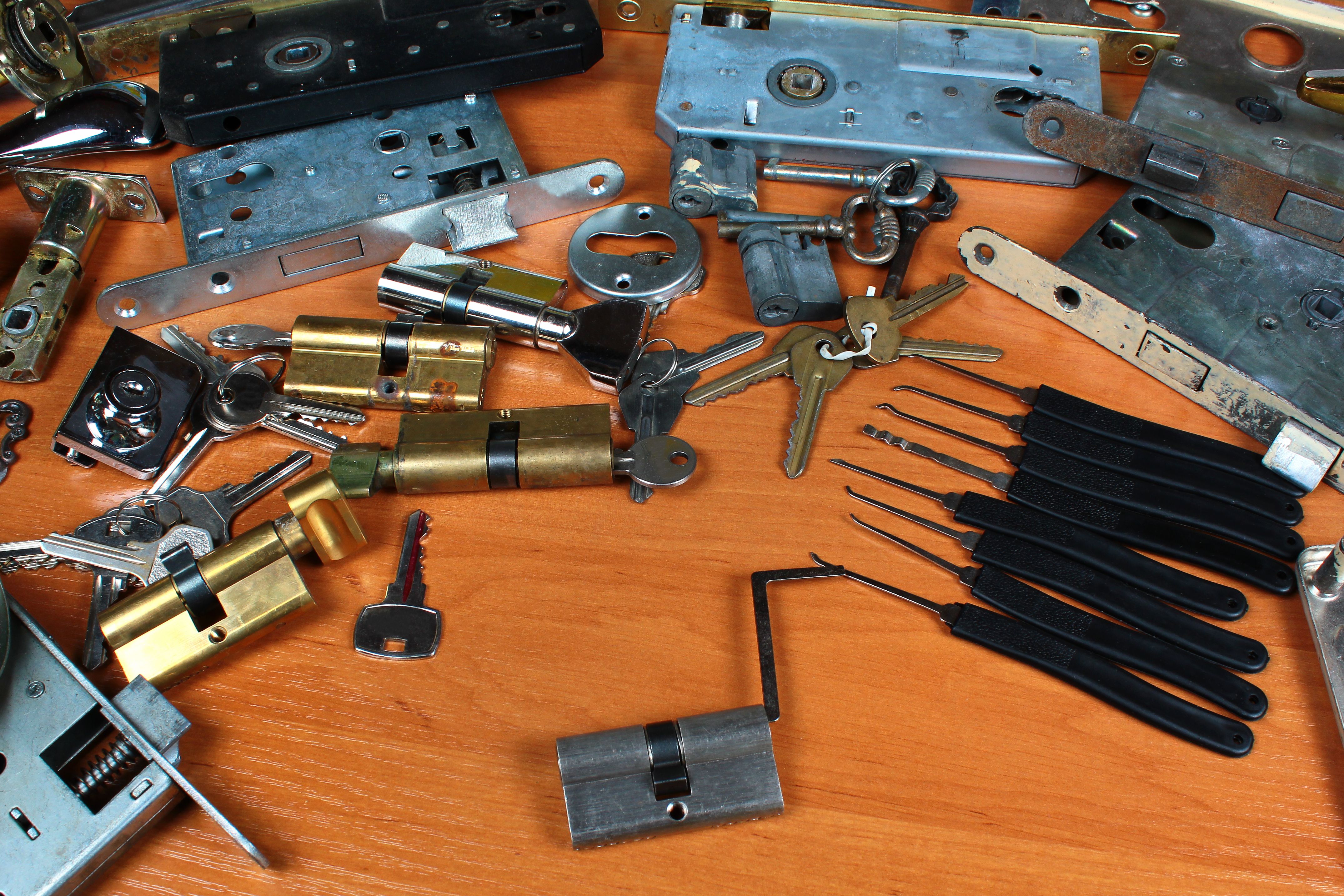DIY Guide: Safely Duplicating Your Car Keys
Understanding Key Types
Before you begin the process of duplicating your car keys, it's essential to understand the type of key you have. Most cars use either traditional keys, transponder keys, or smart keys. Traditional keys are simple metal keys without any electronic components, while transponder keys have a chip that communicates with the car's ignition system. Smart keys, on the other hand, enable keyless entry and ignition, often in the form of a fob.
Knowing which type of key you need to duplicate is crucial as it determines the tools and processes required. While traditional keys can often be duplicated with basic tools, transponder and smart keys may need specialized equipment and programming.

Gathering the Necessary Tools
To duplicate a traditional car key, you'll need a few basic tools: a blank key that matches your current one, a key duplicating machine, and possibly a file for fine adjustments. If you're duplicating a transponder key, you'll also need a transponder key programmer.
For smart keys, it is usually more complex and may require professional equipment, so consider whether DIY is feasible. Always ensure you have the right tools before starting, as using incorrect tools can lead to a failed duplication or damage to the original key.

The Duplication Process
Traditional Keys
To duplicate a traditional key, start by securing the original key and the blank key in the duplicating machine. Follow the machine's instructions to cut the blank key to match the original. Once cut, test the new key in your vehicle's locks and ignition to make sure it works smoothly.
Transponder Keys
Duplicating transponder keys involves cutting the key and programming the chip. After cutting, use a transponder key programmer to sync the new key with your car's system. Follow the instructions provided with the programmer carefully to avoid errors.

Safety Tips and Best Practices
Always prioritize safety when duplicating car keys. Ensure your duplicating machine is in good working condition and handle all tools carefully. Wear safety glasses to protect your eyes from metal shavings during the cutting process.
Additionally, keep your original key safe during duplication, as it's your only reference point for accuracy. If you're uncertain at any step, it's always wise to consult a professional locksmith.
When to Seek Professional Help
While DIY duplication can be rewarding and cost-effective, there are times when professional help is necessary. If you're dealing with high-security keys or experience issues during duplication, it's best to visit a professional locksmith. They have the expertise and equipment to handle complex duplications safely and efficiently.

Conclusion
Duplicating your car keys can be a straightforward process if you have the right tools and knowledge. By understanding your key type and following safe practices, you can successfully create duplicates that serve as reliable backups. Remember that when in doubt, seeking professional assistance is always a safe choice.
